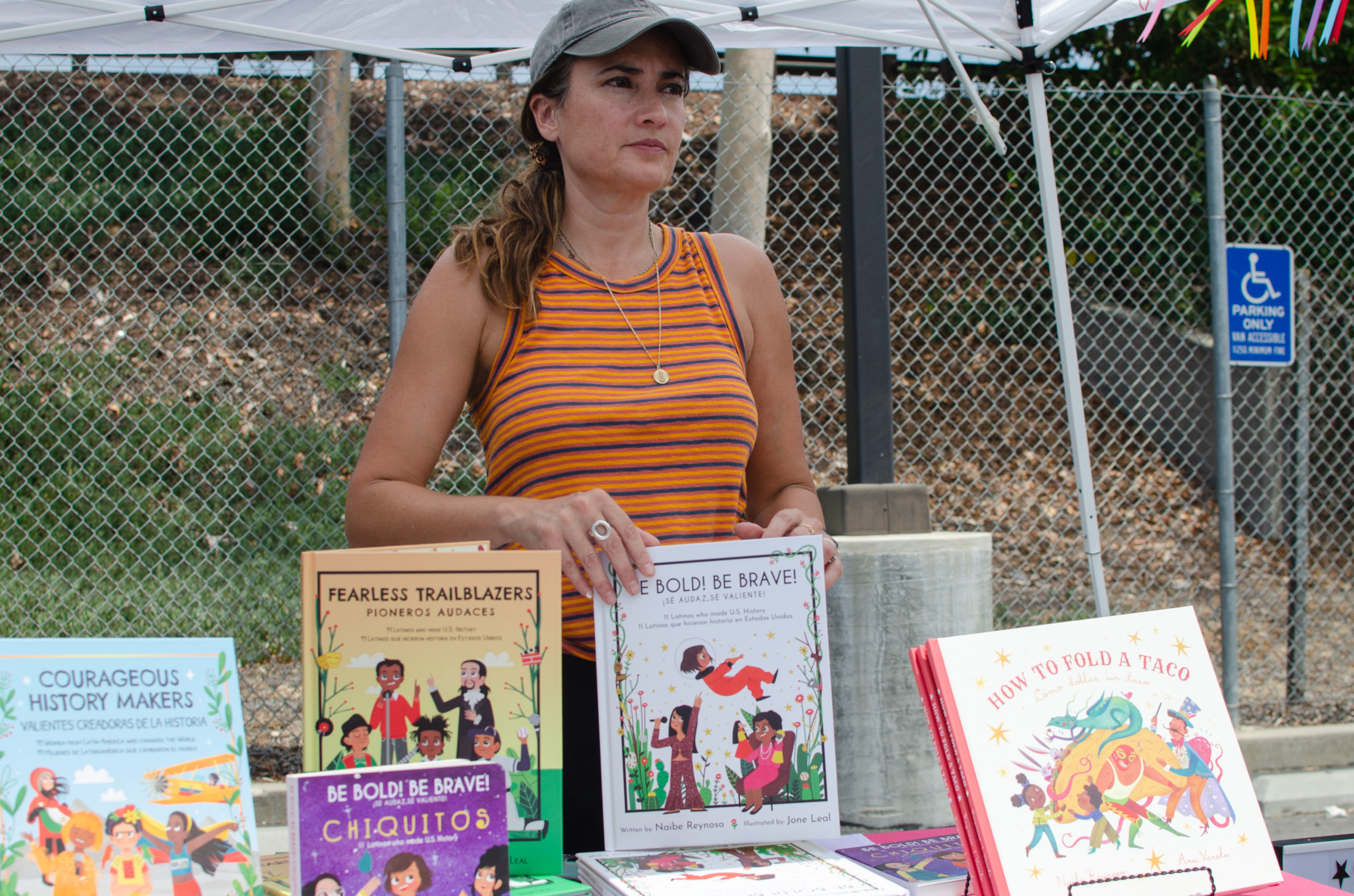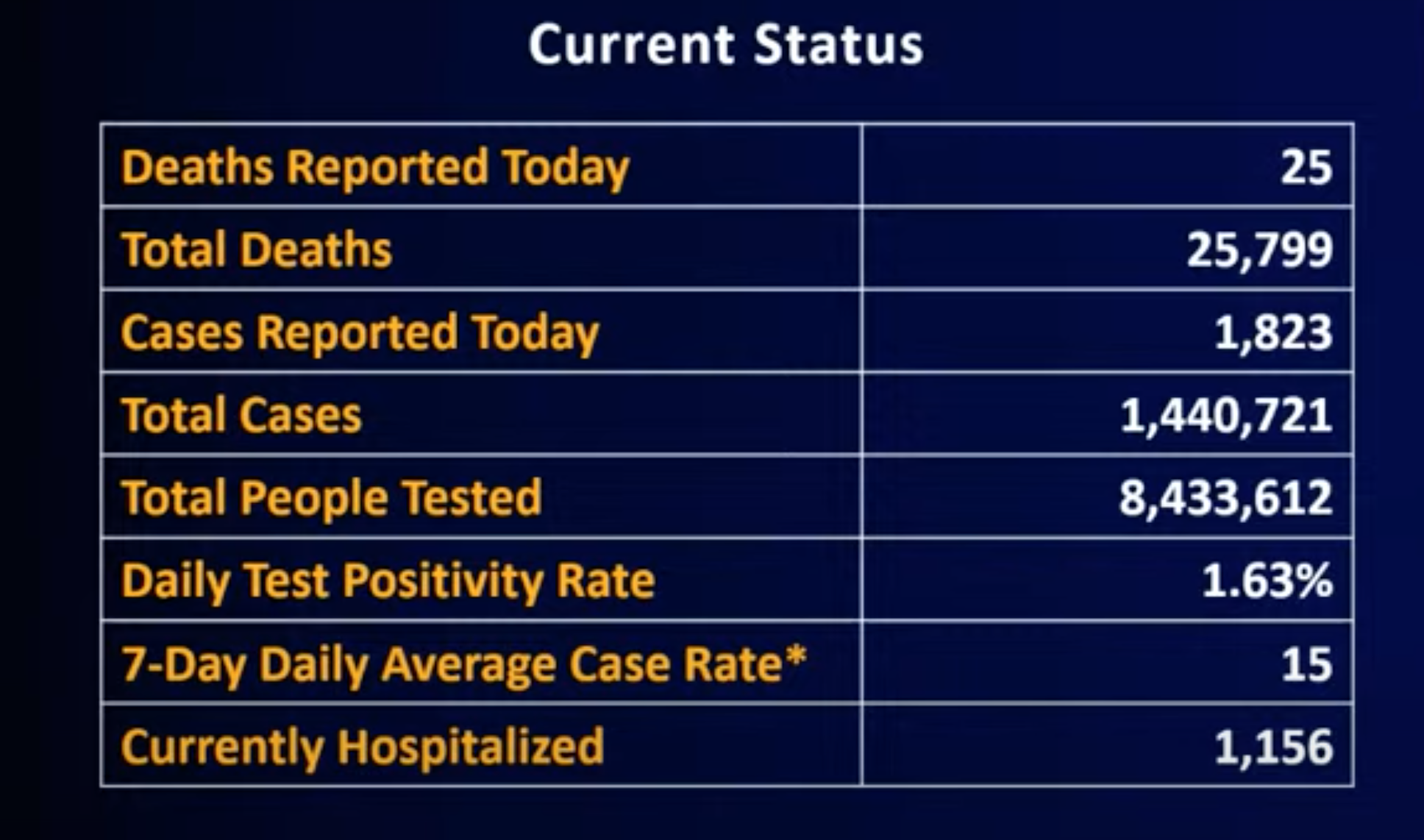Latina small business owners in Los Angeles County are facing cultural and business-related challenges and turning them into learning opportunities.
Izzy Singer, former president of the Latino Business Association at USC, says that Latinas get belittled by landlords and contractors more than others and they tend to be told “no” a lot more when they have an entrepreneurial spirit.
In addition to being belittled and told “no” repeatedly, many women of color business owners have to face challenges like systematic racism, sexism, ageism, and a lack of resources.
“It’s a little bit harder to get ahead in business when you’re surrounded by people who have a little bit of a leg up in terms of just resources and backgrounds,” Singer said. “Everyone just has all of these connections.”
According to the Ninth Annual State of Women-Owned Businesses Report conducted by American Express, women-owned businesses have grown twice as fast as the overall population in the past five years. Women of color are starting businesses at a faster rate compared to the overall population.
Many women of color starting these new businesses have found success, despite big businesses. Frank Aguirre, business administration department chair at East Los Angeles College, says that as many large- and medium-sized businesses start to consolidate, there is a larger demand for different skill sets that many Latina entrepreneurs have.
“Many Latina business owners realize that they face a lot of uncertainty to the traditional workforce,” Aguirre said. “So they need to go out and look for their own form of income through entrepreneurship.”
In the last year, Latina business owners had the added challenge of COVID-19 and trying to keep their businesses afloat.
A 2020 study conducted by Stanford University as part of their Stanford Latino Entrepreneurship Initiative showed that 86% of all Latino-owned businesses reported negative effects at the end of March 2020 as a result of the COVID-19 pandemic. The study also found that white business owners were twice as likely to have their Paycheck Protection Program application approved compared to Latino business owners.
Despite not having as much access to PPP loans, 63 percent of Latino business owners believed in June 2020 that they would be able to recover from the impacts of COVID-19.
As Singer earned her business degree at USC, she recalled not seeing a lot of representation of Latinos. Singer said that this drives her to go out of her way to support Latina-owned businesses.
“I think being from a Latin background, you want to tie yourself back to the culture and community,” Singer said. “For me, supporting Latina-owned businesses makes me feel tied back to that.”
Singer’s family owns a small chain of bridal shops in Mexico. She said that there is a competitive culture in business for Latinas. According to Singer, competitive culture often comes from parents who put pressure on their kids to be better than their friends or to be better than their cousins, which results in competitive mindsets as adults.
Mireya Palencia, owner of Once Upon a Charm, has also experienced this same competitive culture that made it difficult to get advice and help from other Latina business owners. She said that it was often difficult to get help as she started and established her business.
Now as Latina-owned businesses have grown and become more popular, the competitive culture is changing. Latina business owners, like Palencia, are more willing to help in any way that they can in hopes of creating a positive environment for Latina-owned businesses.
“There’s this trend now that I’m seeing and it starts off with ‘Hey, how did you not help me?,’” Palencia said. “And now, people ask me ‘How did you start up?’ I’m an open book, I’ll tell them how I did it, because I know how it feels when someone would just ignore you.”
Palencia started Once Upon a Charm in Compton, Calif., in 2015 and registered it as a business in 2017. When she first started the business, it was more of a hobby that helped Palencia cope with anxiety. Palencia made an Instagram to show how she was working with clay, it wasn’t long before it started to pick up.
While finishing up her degree in English literature, Palencia was looking to become a college professor. Working with clay to make charms was something she could do as another source of income. Palencia’s mom told her that she should be using her degree, rather than making charms.
“My family was a huge challenge in the beginning,” Palencia said. “My mom couldn’t understand how popular it was getting, the demand I was getting, she didn’t believe it.”
It wasn’t until she started asking her mom for help with packaging that her mom realized this was much more than just a “hobby.”
The other big challenge for Palencia was figuring things out like how to register a business. There is so much to do when starting a new small business and there is a learning curve that comes with it. A huge challenge for Latina small business owners is the lack of resources. It is harder for many Latinas to start their own small businesses because they don’t know where to start or where to learn to start.
“Every time I would ask for help like ‘how do I register my business?’ or ‘how do you go about getting new followers?’ I got a lot of shutdowns,” Palencia said. “People would just say that they had to figure it out, so I had to figure it out.”
Other more established small business owners that Palencia encountered would say that they would help, but only if they spoke on the phone or in person, which would never happen. However, she was able to find a few other people who were starting up at the same time who were willing to help.
Palencia isn’t the only Latina small business owner to encounter a similar situation. Naibe Reynoso-Hodsden, owner of Contodo Press and co-founder of Latina Fest in Los Angeles, said she encountered a learning curve when starting her business.
She started Contodo Press because she didn’t want her children, or any other children, to internalize any negative things that were said about Latinos. She felt that books were a great way to teach children about all the good things Latinos have done and continue to do, to create a positive message.
Another big part as to why Reynoso-Hodsden wanted to become a Latina business owner was to do something positive for the Latino community. She previously worked as a journalist, which meant she had the skills of a storyteller. Contodo Press became the perfect opportunity for Reynoso-Hodsden to make a positive impact in her community.
Reynoso-Hodsden says she feels that some other cultures have normalized talking about business in day-to-day life while Latina culture hasn’t. This led Reynoso-Hodsden to work harder to learn more about starting a business on her own.
Reynoso-Hodsden’s parents owned a little corner market, but they never taught her how to run a business. She says that in her family, it was just never a topic of conversation.
“I feel like there is a lot of mystery in Latino families about business ownership,” she said. “I don’t think it’s an intentional thing, I think it’s a cultural thing.”







